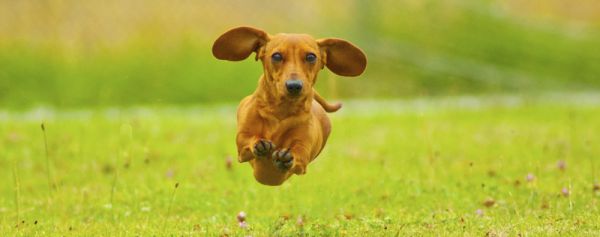What is onion toxicity?
Our vets Gabby and Kate had an interesting case to diagnose last week. Young Willy, a 3 year old toy poodle, was brought in by his owner Sue with lethargy and some hindlimb weakness. Blood tests helped confirm the clinical diagnosis of onion toxicity and Kate explains what can cause this to happen.
In winter we are often tempted to feed our pet cats and dogs left over meals. It is important to remember certain foods can be toxic to our loved ones.
All members of the Allium (onion) family are toxic to cats and dogs. Therefore onions, garlic, shallots, spring onions, leeks and chives should all be avoided. They contain components that destroy red blood cells which can be life threatening. Small amounts may not cause any signs initially but over time levels can build up and result in weakness, lethargy, reduced activity, vomiting, diarrhoea, increased breathing rate and/or abnormal coloured urine. It may take 3 to 5 days for signs to occur after your pet eats toxic amounts.
All forms of onions and the allium family are toxic. Raw, cooked, dried, fried and powder forms can all affect your cat and dog. As a general rule the more potent the odour the more toxic the plant. Therefore small amounts of garlic are more potent than onion.
So think before giving your pet left over curry, soups or cooked meals.
If your pet eats plants of the allium family contact the clinic immediately for further advice.
Happily Willy has recovered well and is home again and back to his normal mischievous self.
|
